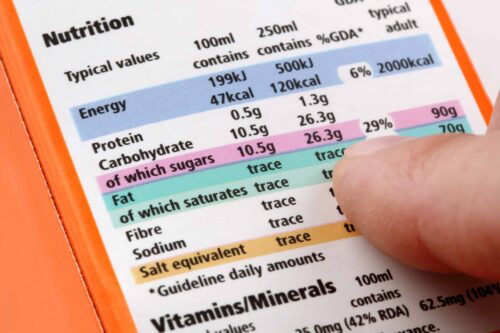Nutraveris is now FoodChain ID
The french company Nutraveris joined FoodChain ID in 2020. All the food supplements team, regulatory and scientific experts and tools are now available under the FoodChain ID branding.
Tools and database
Nutraveris solutions name changed: NOL Data Solution is now Supplements R&D Insight, and NOL Compliance is now Supplements Compliance
Browse our toolsFood Supplements Services

Clinical Study Protocol
Clinical study protocol design aiming to substantiate Health claim or Novel Food authorizations

Novel Food Application
Pre-market authorisation of novel foods for EU market

Food Additives
Evaluation of the regulatory status of food additives within the European Union (regulations 1333/2008).

Formulation
Theoretical formulations with appropriate efficacy, safety dosages and ingredients that may allow the use of health claims.

Health Claims
We help you understand what you can say about your product and the relationship between ingredients and health benefits.

ODI, NDI, GRAS
Audit of the regulatory status of ingredients for use in foods and/or dietary supplements in the US.

Quality
Ensure the quality of your products and protect your brand

Regulatory Compliance Audit and Notification
Formula analysis, labeling compliance and notification for your product

Scientific Review / Medical Writing
Efficacy & Safety Literature Review

Scientific and Regulatory Training in Nutrition and Health
Personalized training sessions for Supplements regulation


